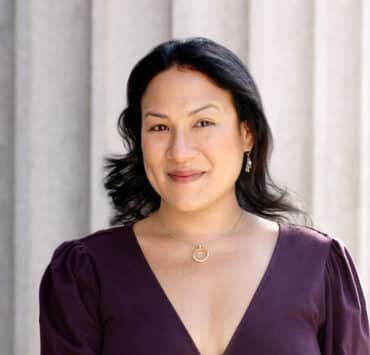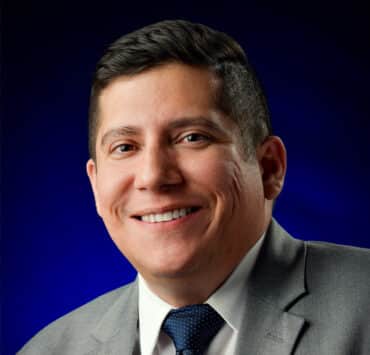|
Getting your Trinity Audio player ready...
|
While Alberto Echanove is originally from Mexico City, international experiences have enriched his upbringing and career journey. He attended a French high school and took lessons for five hours daily for a year to learn the language. After earning an industrial engineering degree in Mexico, he worked for French and American companies in Mexico, Texas, North Carolina, Ohio, and Wisconsin. During an expatriate assignment in Bulgaria, he made it a point to communicate with his diverse teams in their preferred languages.
That journey taught him something important about leadership.
“Exposure to different countries, cultures, and languages impacted the development of my emotional intelligence, enabling me to listen, pay attention, and understand where people are coming from,” he says. “Communicating with my teams in the ways that are best for them enhanced communication and built a lot of trust.”
Company Profile
Website: www.legrand.us
Industry: Appliances, Electrical and Electronics Manufacturing
Company Size: Around 9,200 employees
HQ: West Hartford, CT
Founded: 1984
Those learnings helped Echanove develop a successful track record as an effective global supply chain and manufacturing operations leader. He started his career as an industrial engineer at Renault. At Schneider Electric, he advanced to operations plant manager, international supply chain manager, and director of supply chain in North America. From there, he served in a wide variety of global supply chain and operations leadership roles at Moen Incorporated, Diebold Nixdorf, Eaton, and Nordson Polymer Processing Systems.
Today, Echanove serves as vice president of the manufacturing strategic operations within the data, power, and control division at Legrand, North & Central America, a global specialist in electrical and digital building infrastructure.
Currently, Echanove focuses on strategic operations as Legrand targets growth in key markets. He notes that the company added significant capacity at one of its facilities to handle increased customer demand. “It’s taking us to that next level of best-in-class manufacturing between our New Mexico and Juarez facilities,” he says. “We’re taking care of our customers while making sure the business can seize the opportunities we have.”
Another focus is cultivating the next generation of leaders. Echanove helped establish Legrand’s Hispanic and Latinx employee resource group (ERG) called HALO. The ERG’s mission is to increase the visibility and representation of the Hispanic/Latinx community within the company while creating a safe, inclusive space to connect, increase cultural awareness, build relationships, and generate career advancement opportunities. In addition, Echanove participates in the company’s mentorship program.
“Emotional intelligence and communication matter, but we still need to deliver results. At the end of the day, I delivered.”
Alberto Echanove
“I benefited from connecting with informal mentors when I was growing in my career, so this is a good way to provide coaching that’ll help others become successful,” he shares.
What does being a good mentor mean to Echanove?
“It means helping my mentees achieve and exceed their aspirations wherever they want to, even if they go beyond what I’ve been able to achieve. That means I did a good job,” he says.
Career timeline
- Renault:1988–1992
- Legrand: 1992–1995
- Schneider Electric: 1995–2012
- Moen Incorporated: 2012–2014
- Diebold Nixdorf: 2014–2017
- Eaton: April–November 2017
- Nordson Polymer Processing Systems: 2017–2018
- Legrand, North & Central America: 2018–present
Echanove believes in a servant leadership style that he calls “leading from behind.” It’s a style he modeled off of Coach Mike Krzyzewski (Coach K), a former college basketball coach at Duke University, where Echanove received his MBA.
“Sometimes, Coach K would turn his back to let his team do what they needed to do on the basketball court while being self-sufficient,” he says. “You’re behind the scenes, helping things happen but letting your team shine. I believe in that and bring that perspective to my mentees and to my ERG colleagues.”
Echanove also believes in bolstering Latino representation in leadership and executive positions in North American companies. He believes Latinos need “to value our traditions and culture but be adaptable to what it takes to become part of the executive levels.”
“Sometimes that’s being more assertive and willing to challenge the status quo,” he shares. “My biggest advice is: Don’t be shy, but still be professional in how you challenge and grow toward the executive level.”
Latino professionals should also “remember the basics,” he says.
“Emotional intelligence and communication matter, but we still need to deliver results,” he asserts. “At the end of the day, I delivered. Driving execution and strategy, and meeting the top and bottom line is critical. So is the ability to articulate and ask questions.”

